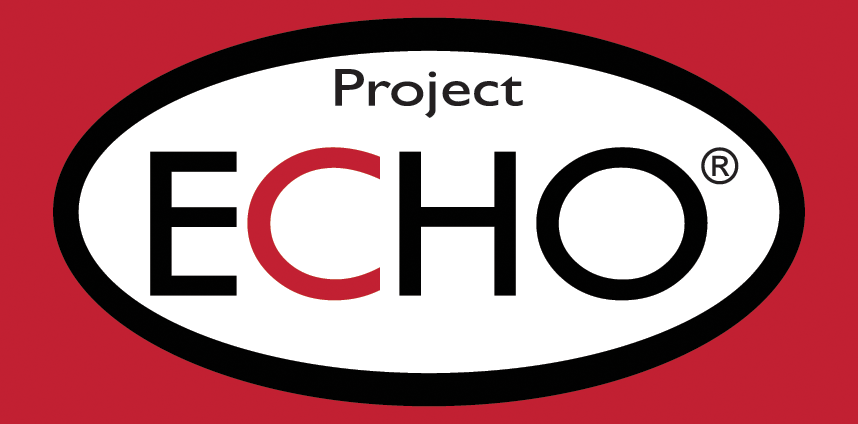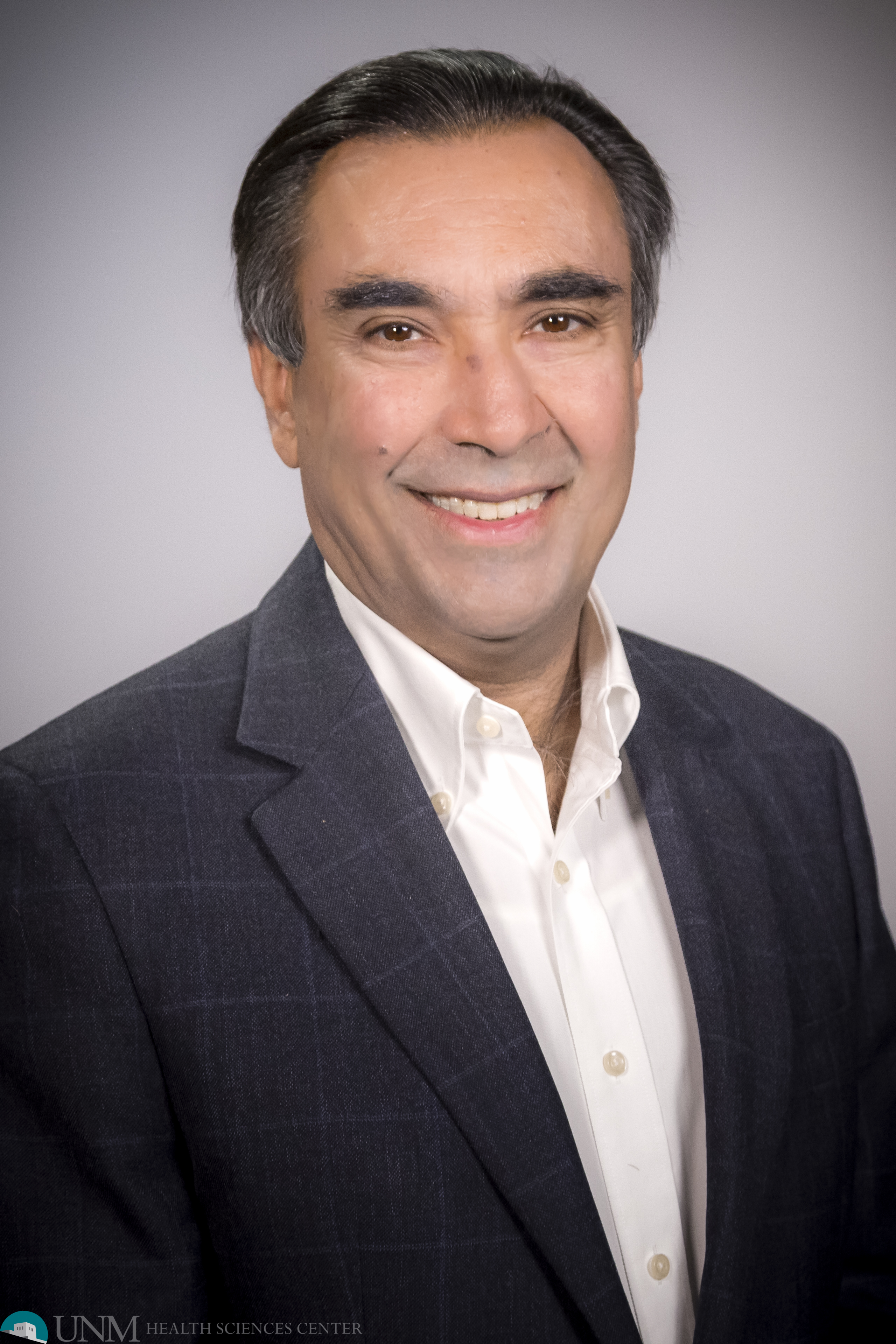
Protecting Vulnerable Older Americans
UNM's Project ECHO Partners to Help U.S. Nursing Homes Prevent the Spread of COVID-19 Infections
Project ECHO, The University of New Mexico’s signature tele-mentoring initiative, will receive up to $237 million in federal funding and leverage its nationwide network of hubs to provide remote infection control training and technical assistance to nursing homes hard hit by COVID-19.
This partnership with the U.S. Department of Health and Human Services and the Agency for Healthcare Research and Quality (AHRQ) is part of the $5 billion Provider Relief Fund authorized earlier this year under the Coronavirus Aid, Relief, and Economic Security (CARES) Act. While $2.5 billion has already been distributed to help fund testing, personal protective equipment and other supplies, another $2 billion is available for nursing homes that show improvement in infection control.
“Protecting vulnerable older Americans in nursing homes is a central part of our fight against COVID-19, and we’ve learned that improving infection control in many nursing homes is not a matter of will but of skill,” said HHS secretary Alex Azar. “AHRQ is partnering with Project ECHO, a leading disseminator of health care best practices, to help nursing homes protect both their residents and staff from the virus, slowing the spread and saving lives.”
“Project ECHO has developed a tried-and-true methodology for improving health care outcomes by democratizing knowledge,” said UNM president Garnett S. Stokes. “The University of New Mexico is honored to play a role in improving the quality of care for our most vulnerable Americans.”
“We are humbled to be asked to lead this initiative,” said Sanjeev Arora, MD, Project ECHO’s director and founder. “At a time when the dissemination of best practices in health care is more critical than ever, we are honored to help address this urgent need for the health system.”
 Nursing home residents are especially vulnerable to the most severe consequences of COVID-19. According to the Centers for Disease Control and Prevention, nearly 56,000 residents and workers have died from the disease at nursing homes and other long-term care facilities, representing approximately 28% of the deaths resulting from the pandemic.
Nursing home residents are especially vulnerable to the most severe consequences of COVID-19. According to the Centers for Disease Control and Prevention, nearly 56,000 residents and workers have died from the disease at nursing homes and other long-term care facilities, representing approximately 28% of the deaths resulting from the pandemic.
Project ECHO has identified more than 140 hubs in its network, each of which will be responsible for working with 100 to 200 nursing homes by providing group learning and mentorship in how to prevent SARS-COV-2 infections from entering the facility and how to limit their spread once they have occurred. Under this initiative, more than 15,000 Medicare- and Medicaid-certified nursing homes in the U.S. will be able to participate.
Funding to develop and test Project ECHO was originally provided by AHRQ nearly two decades ago. Project ECHO is already working with AHRQ and the Institute for Healthcare Improvement – a nationally recognized leader in quality improvement – on a pilot project on COVID safety improvement with several dozen nursing homes.
“Project ECHO is uniquely positioned to expand the use of proven safety practices that can benefit the residents of nursing home and long-term care facilities – and help save lives,” said Michael E. Richards, MD, MPA, interim executive vice president for the UNM Health Sciences Center. “This exemplifies the Health Sciences Center’s underlying mission of improving community health and well-being.”
The expertise provided to nursing homes through their partnership with Project ECHO will draw on the latest scientific findings regarding infection control, said Richard S. Larson, MD, PhD, the HSC’s executive vice chancellor and vice chancellor for research. “The novel coronavirus poses some unique challenges due to its mechanism of spread,” Larson said. “It is essential that nursing home workers have an understanding of how best to mitigate the risks of infection.”
“AHRQ has been a lead federal partner in producing science and research to drive safe and effective 21st century care – that’s why we are so proud to partner with the ECHO Institute to launch the Nursing Home COVID Action Network,” said AHRQ director Gopal Khanna, MBA. “Both AHRQ and the ECHO team have proven track records of helping move evidence into practice. Together, we have the chance to support nursing homes in preventing thousands of infections among residents and staff.”
Project ECHO (Extension for Community Healthcare Outcomes) founded in 2003, uses videoconferencing technology in a collaborative model of education and care management that empowers doctors, nurses and other nursing home staff to implement evidence-based safety and quality practices to improve care and outcomes.
Today, more than 400 partner institutions in 40 countries around the world operate ECHO programs to address more than 70 diseases and conditions with learners in 158 countries. When the COVID-19 pandemic began in February, these partners quickly adapted their networks to support rapid dissemination and scaling of best practices to support frontline care teams.